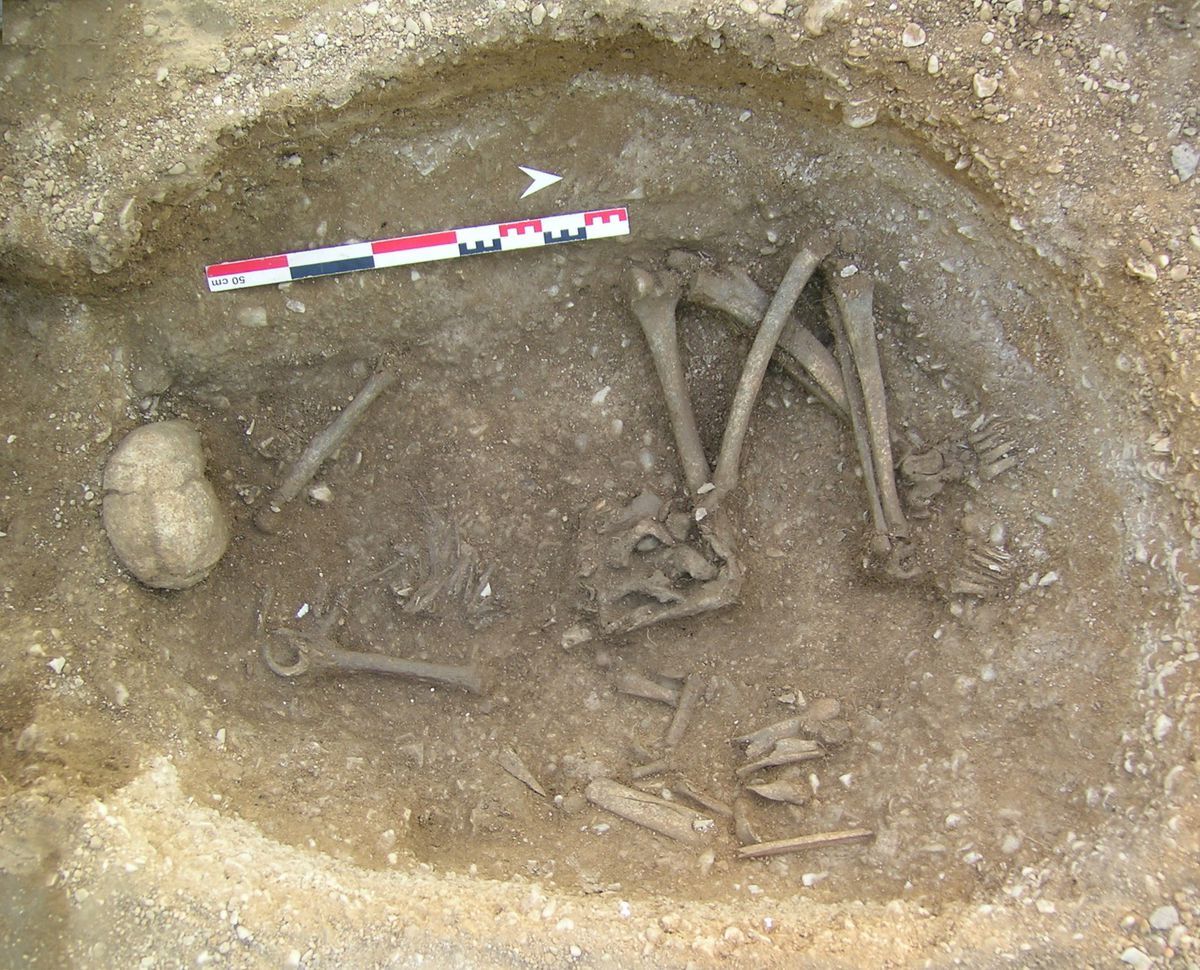The article talks about how "the men of the family stayed in their places of birth for life, while the women left the family to live with other groups. "
I thought this was interesting because I recently heard a radio 4 broadcast about how the ban on cousin marriage by the Catholic Church led to the Western world of technology, advancement and individualism. It seemed bogus since I knew about some tribes in the Americas that practiced exactly this kind of pairing outside the tribe, and this study confirms that. So it wasn’t just bogus because it mistook correlation for causation, it was bogus on the evidence as well!
Link to podcast of programme: https://www.bbc.co.uk/programmes/m000sh8z
Wiki on book, The WEIRDest People in the World: https://en.wikipedia.org/wiki/The_WEIRDest_People_in_the_World
Removed by mod
I wrote a great reply that was brilliant and generous and had all the clever bits, and then Lemmy deleted it.
You’re right, clan-based practices have had and continue to have struggles both with modernisation and basic human rights. They are not idealised Rousseauean societies. But the author is basically saying that this shift in marriage practices is the sole contributor to Western science. It’s a stretch to be sure, and it doesn’t even have the evidence right.
Here’s a critique with quotes from people way smarter than me.Yes, the “weird” guy definitely over-hyped the hypothesis to sell his book. Fukuyama had a more nuanced take in his book The Origins of Political Order, which was that the church-influenced marriage (and inheritance) practices provided long term benefits by aiding the evolution of the concept of rule of law. But it was only one of a very large number of historical factors.
Haven’t read that, sounds like an interesting take. Thanks for that. I love anything about how ‘order’ was established, since it seems like a given today, but it definitely isn’t.
It can be a contributing factor without being the only factor, of course. We can accept the author’s general ideas without accepting all of the conclusions he draws from them.
Most Native American groups did not rely on nuclear family setups, including the few “hunter gatherer” tribes that I know of. Nuclear families actually were most common among pastoral groups, to my knowledge.
Oh wow it’s Marjorie Taylor Greene’s sister.
Thank you for sharing, I am appreciating this el Pais content. Never see it as a west coast USer
only one case of crossbreeding between the two groups: one of the mothers from the smaller clan was related to a male from the larger clan
Romeo and Juliet?
The original ones.





